So It took me a very long time to understand this issue and get to a mcve. Here is the case : I'm trying to redirect a user to a login page when he's not authenticated (this is very basic). Here is the code :
HTML :
<html>
<head>
<script src="https://ajax.googleapis.com/ajax/libs/angularjs/1.3.6/angular.min.js"></script>
<script src="https://cdnjs.cloudflare.com/ajax/libs/angular-ui-router/0.2.13/angular-ui-router.min.js"></script>
<script src="js/app.js"></script>
</head>
<body ng-app="starter">
<div ui-view></div>
<script id="login.html" type="text/ng-template">
l
</script>
<script id="welcome.html" type="text/ng-template">
w
</script>
</body>
</html>
JS :
angular.module('starter', ['ui.router'])
.run(["$rootScope", "$state", function($rootScope, $state) {
$rootScope.$on("$stateChangeError", function(event, toState, toParams, fromState, fromParams, error) {
if (error === "nope") {
$state.go("login");
}
});
}])
.config(function($stateProvider, $urlRouterProvider) {
$urlRouterProvider.otherwise('/welcome');
$stateProvider
.state('welcome', {
url: '/welcome',
templateUrl: 'welcome.html',
resolve: {
"auth": ["$q", function($q) {
return $q.reject("nope");
}]
}
})
.state('login', {
url: '/login',
templateUrl: 'views/login.html'
})
});
The "views/login.html" contains just "vl" to see it showing on the screen. So, when the above code is ran, the output is good, but look at the Chrome console :

Now, the crazy part of it, is if you modify the JS and replace
templateUrl: 'views/login.html'
in the login state by simply
templateUrl: 'login.html'
using the ng-template defined in the html, ALL IS GOOD ! So well, I guess using a file as template must trigger some watcher or whatever... Well no, I'm just out of ideas.
Thanks ahead for your help !
[EDIT]
here are two things that could help :
- There is no error when using ngRoute in place of UI Router
- There is no error if replacing Angular version with the 1.2.25
So I think it's a bug with UI Router and Angular 1.3. But don't know at all what to do to solve it.